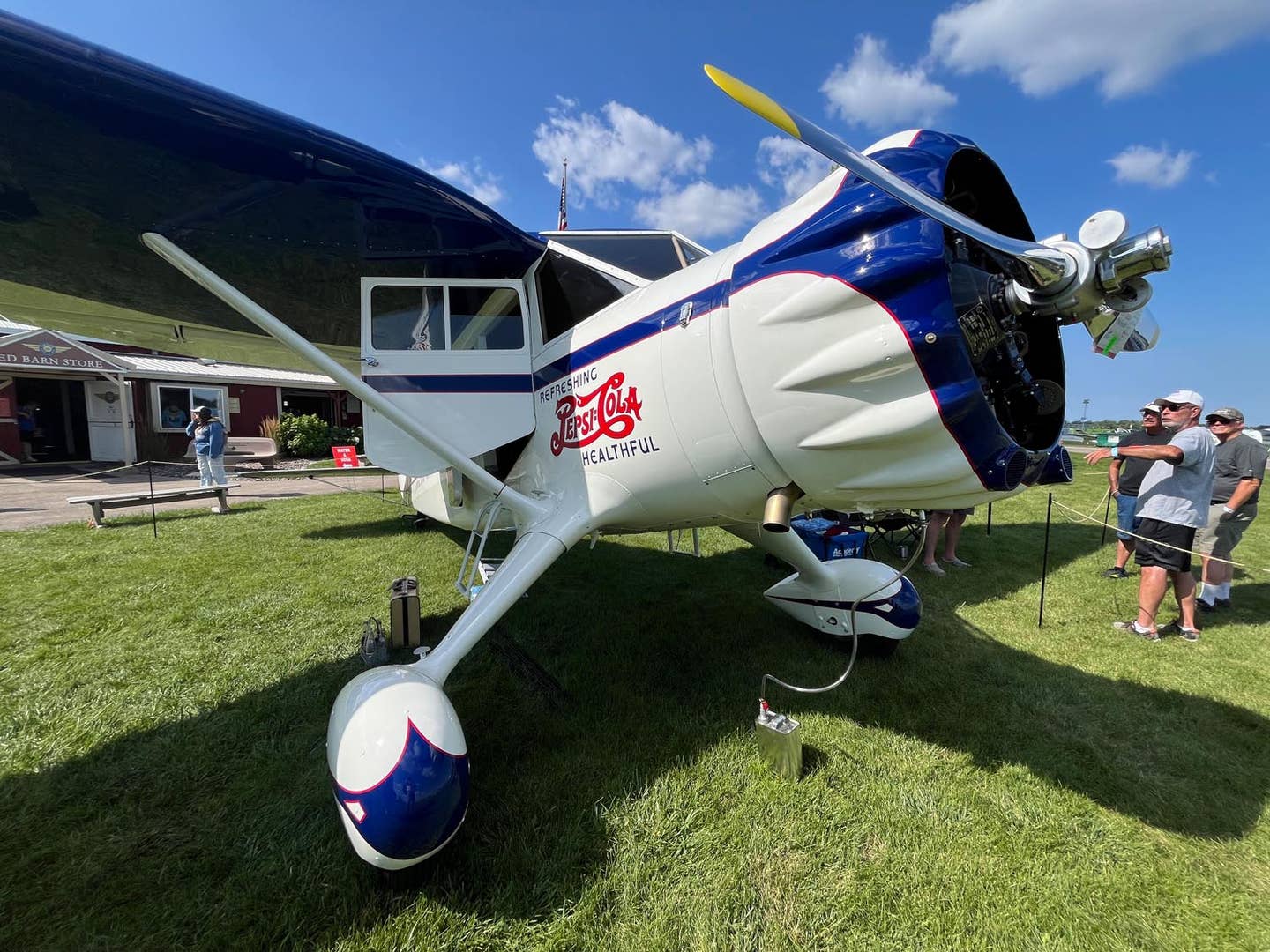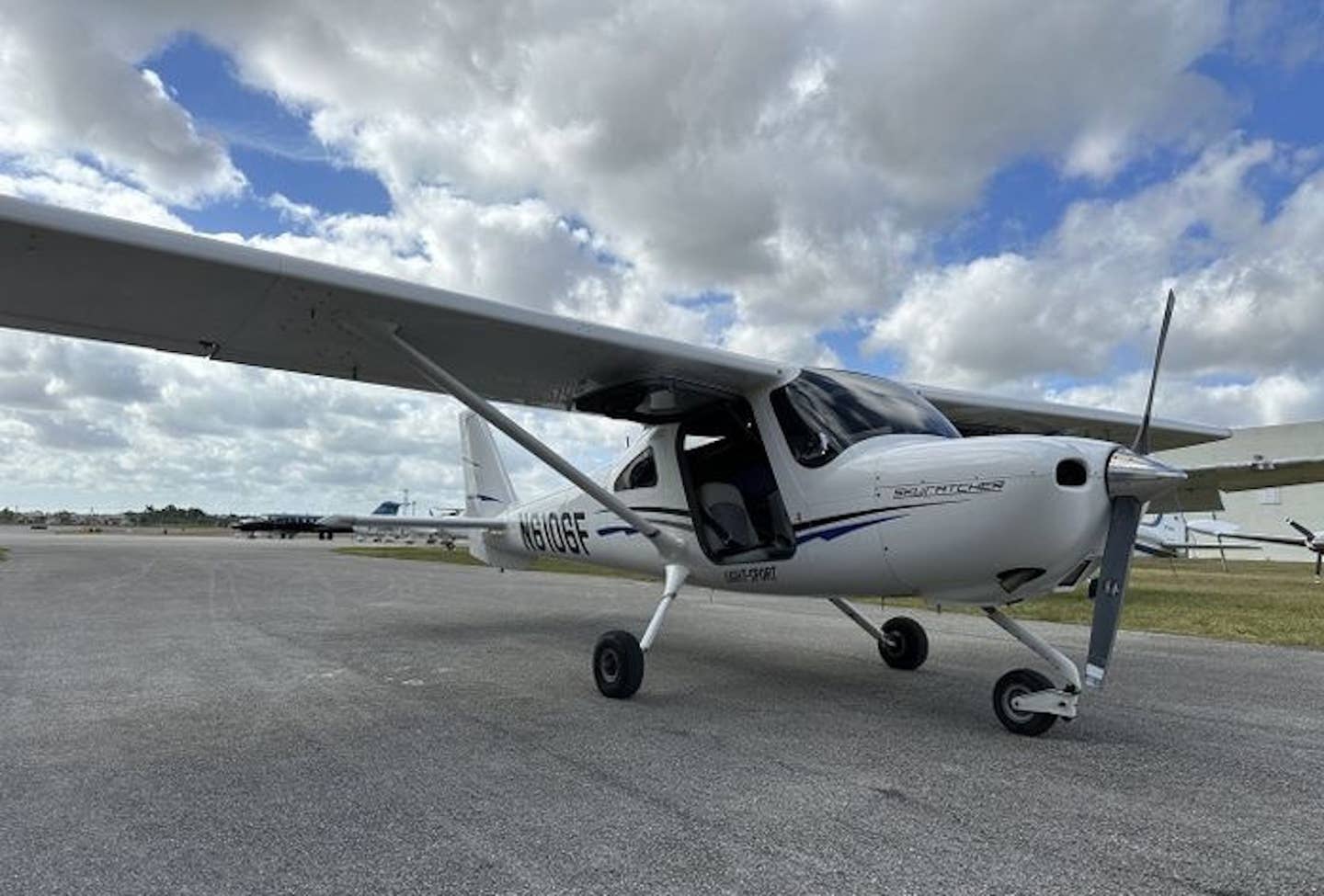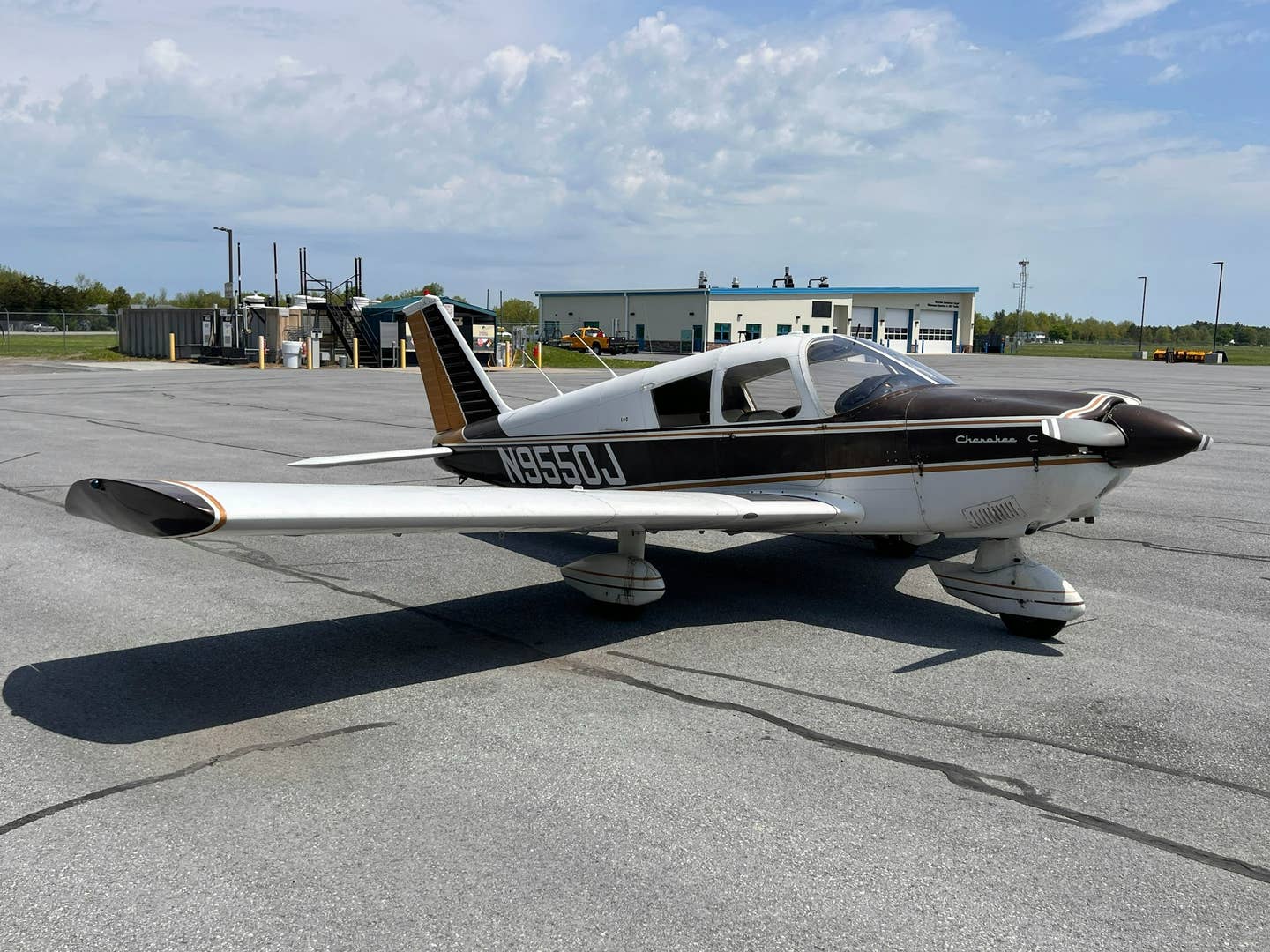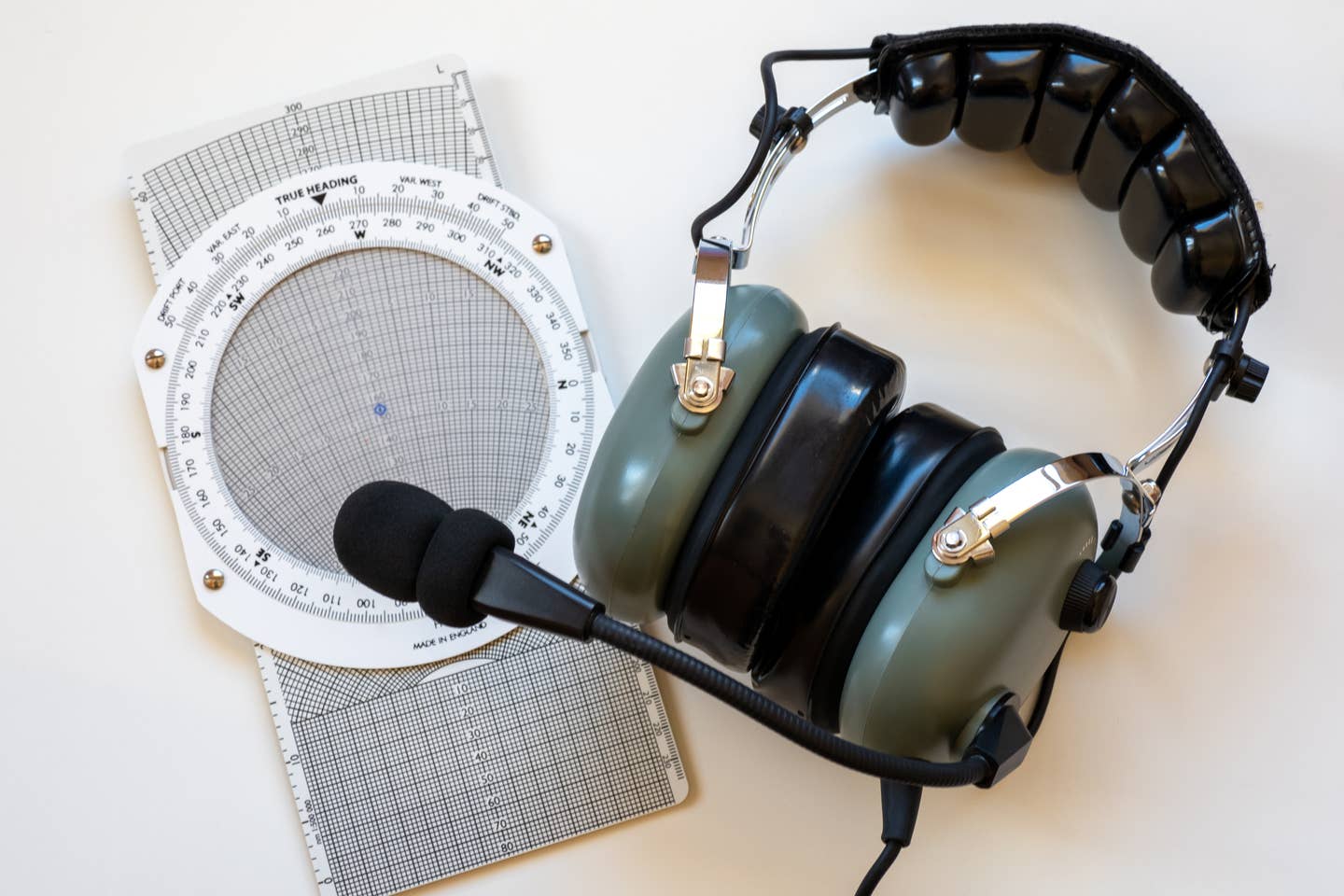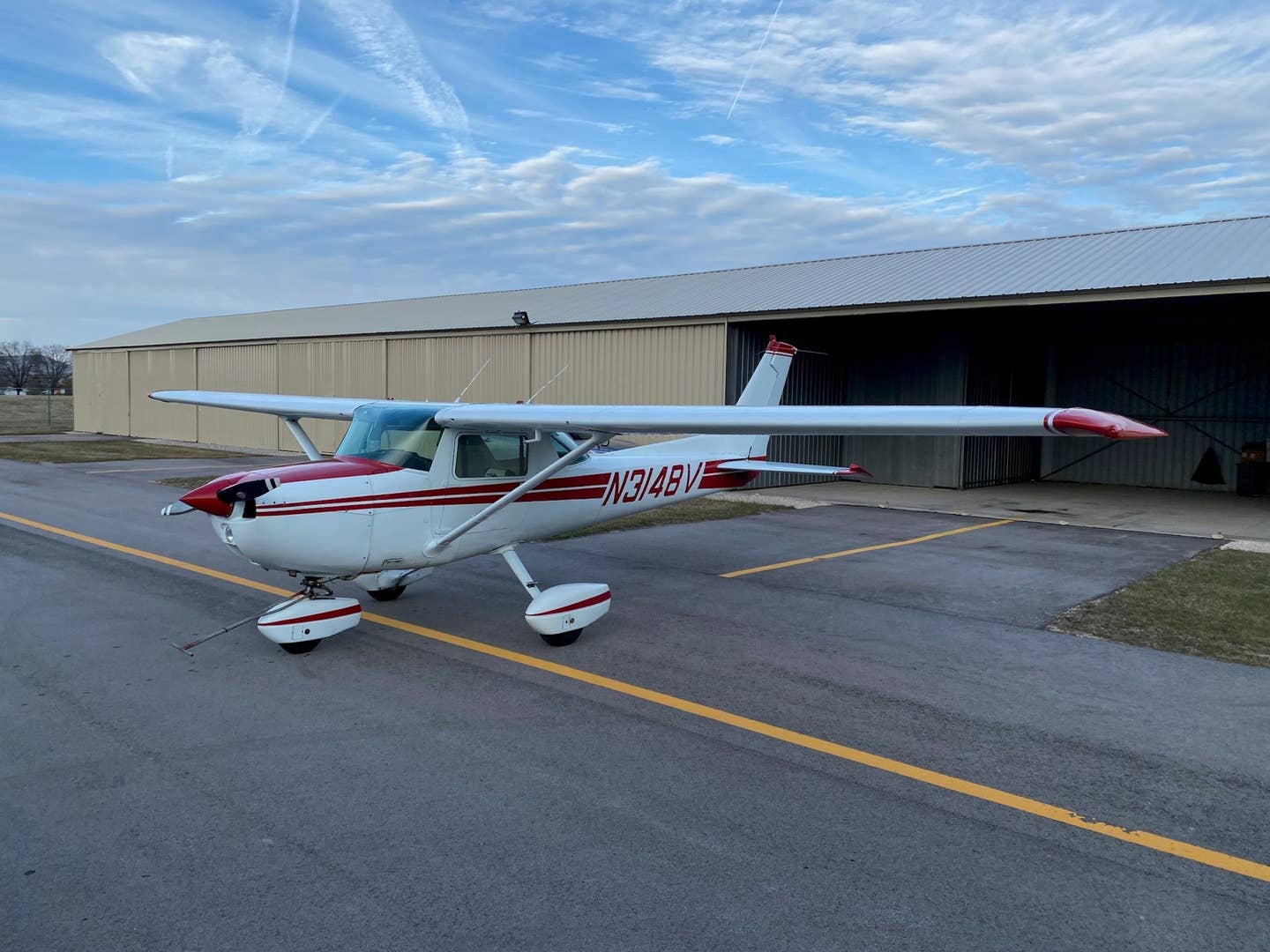Going Direct: Why Trump-Airlines Meeting Could Spell Disaster For GA
Is privatizing ATC a backroom deal in progress? When it comes to what they might mean to aviation, the Trump administration’s policy moves these first few weeks have been hard…
Is privatizing ATC a backroom deal in progress?
When it comes to what they might mean to aviation, the Trump administration's policy moves these first few weeks have been hard to read. That said, there are hints that GA could be hit hard with new fees and limitations. The source of the concern lies in a comment that Speaker of the House Paul Ryan made on an appearance on Fox News last week in which he alluded somewhat cryptically---there were no substantive follow ups---to modernizing ATC.
On Thursday, President Trump was to meet with airline and airport execs to hear what they want from government to make their businesses more effective and profitable.
Some context. ATC "modernization" is code for turning over much of the decision making power for the national airspace system to a not-for-profit organization.
Those of us who have for years watched House Transportation and Infrastructure Committee chair Bill Shuster (R, PA) try to bully into a law the privatization of ATC, can't help but be alarmed that the new Congress will take up Shuster's vision. That plan was for a theoretically not-for-profit company led by the airlines (with a couple of token GA spots on the board) that would implement a pay-to-play ATC. Shuster is dating an airline lobbyist, by the way.
For years, the airlines have been pushing for a user fee system that would bill operators for their flights instead of taxing us at the pump, which has proven itself an effective approach for decades. Just how operators would get charged under Shuster's plan remains to be seen, but with the airlines at the helm, we can all assume the plan would result in greatly restricted access and much higher fees to the GA community, including those of us in light airplanes who file IFR regularly or who use flight following. Perhaps even those of us who operate VFR, but who use facilities in controlled airspace.
We asked some industry leaders and experts to comment on the development. EAA's president and CEO Jack Pelton got right to the point. "EAA remains opposed in ATC privatization, as it is not the answer to the problem, would create new bureaucracy, and would be harmful to general aviation and small airports. We support provisions in the infrastructure bill, however, to repair and maintain ATC and airport facilities as part of a larger goal of maintaining our nation's infrastructure for all modes of transportation. This is what the infrastructure bill is supposed to be all about."
According to its senior vice president of communications, Dan Hubbard, the National Business Aviation Association is taking a guarded but optimistic approach. Hubbard said that while the NBAA has "heard general comments from the Speaker and others about modernizing the aviation system... we look forward to a continued discussion about system modernization, which recognizes the need for congressional oversight, to provide targeted solutions to identified challenges, and ensures that the entire public - including citizens and companies that rely on general aviation - is served." For the NBAA, which represents the aviation interests of many companies that stand to profit substantially from the new administration's regulatory reform, it's a hard spot to be in.
The Aircraft Owners and Pilots Association has been working for years to develop a coalition of GA supporters in Congress, but the momentum for deregulation could threaten the coalition's resolve. Jim Coon, AOPA senior vice president for government affairs and advocacy, said that "The Chairman of the House Transportation and Infrastructure, Bill Shuster, has advocated for privatizing the ATC system for years and the Speaker is well aware of this, but similarly, just like President Trump's call to reinvest in our transportation system, it will depend on whether or not Congress can find common ground on these issues, especially on the matter of how they are financed. AOPA believes there is much that could be done to reduce cost and bureaucracy at the FAA and we will continue to keep the best interests of GA at the forefront of this debate and we will continue to strongly oppose calls for user fees on any segment of GA."
It's clear that what happens over the next few months could greatly impact the quality of life for pilots like us who fly everything from light singles to business jets. We encourage all of our member organizations to speak out loudly for as long as it takes against user fees. Infrastructure support is one thing. We need more and improved facilities. Remapping our National Airspace System into one shaped by the special interests of the airlines has nothing to do with infrastructure and nothing to do with improving the way aviation works.
If you want more commentary on all things aviation, go to our Going Direct blog archive.

Subscribe to Our Newsletter
Get the latest Plane & Pilot Magazine stories delivered directly to your inbox


